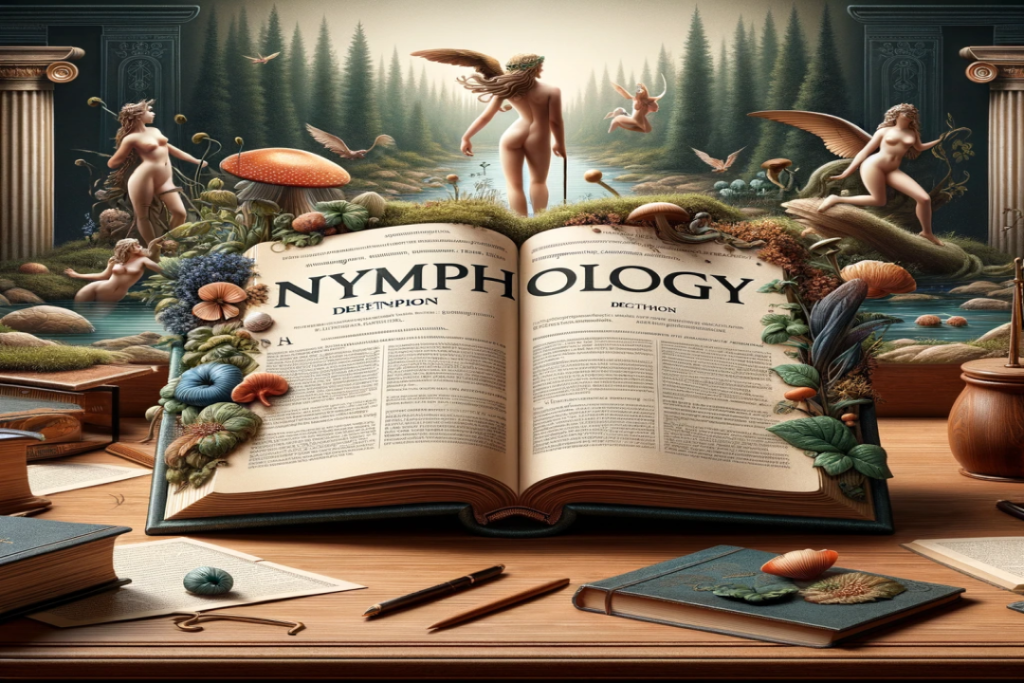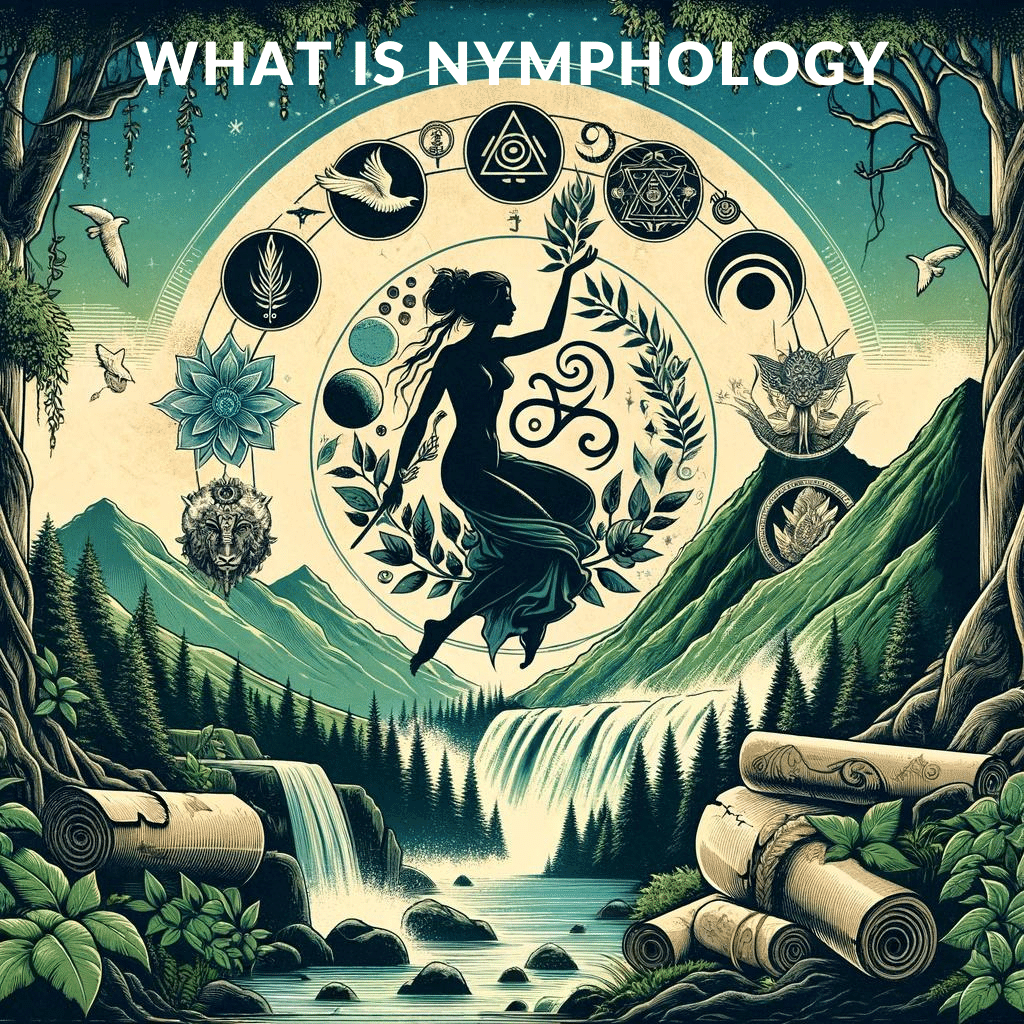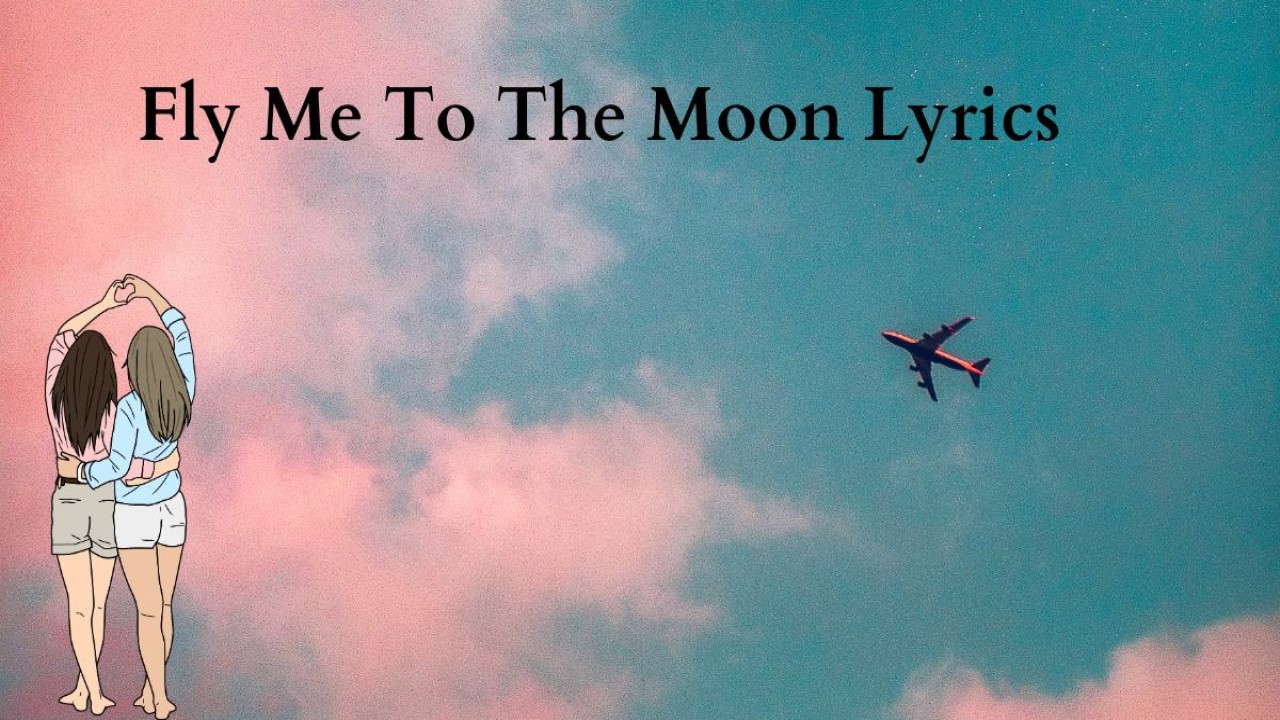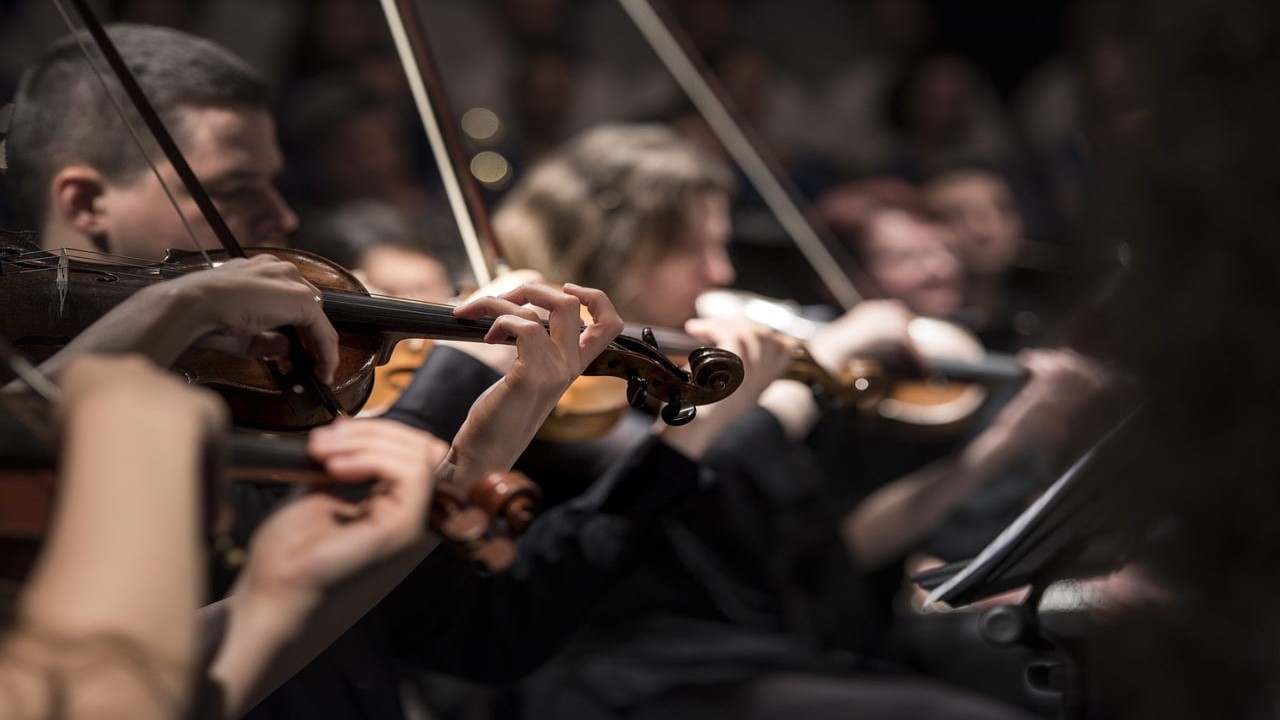Nymphology, often shrouded in the mystique of ancient mythology, presents a fascinating exploration of nature’s guardians through the ages. But what is Nymphology, and why does it captivate the imagination of scholars and enthusiasts alike? This article embarks on a journey to uncover the essence of Nymphology, diving deep into its cultural significance and enduring relevance in today’s environmental discourse. With a focus on both nymphology meaning and nymphology definition, we aim to provide a comprehensive overview of this intriguing field, revealing why it remains a subject of fascination and importance in understanding the relationship between mythology, culture, and the natural world.
What is Nymphology?
What is Nymphology? Explores the intersection between mythology and the natural world, focusing on the study of nymphs. These mythological beings, symbolizing nature’s elements like rivers and forests, embody ancient cultures’ awe of the natural environment. The nymphology meaning and nymphology definition reflect a field that bridges historical reverence for nature with contemporary ecological insights, highlighting the enduring influence of mythological narratives on our understanding and preservation of the natural world.
Nymphology Meaning
Nymphology meaning encompasses the academic and intellectual pursuit of understanding nymphs, the mythological entities closely tied to elements of the natural world such as water, forests, mountains, and meadows. These entities are often depicted as female figures that embody the beauty and the untamed spirit of nature. As a field of study, Nymphology delves into the mythological narratives, cultural significance, and artistic representations of nymphs, exploring how they have influenced human perceptions of nature and the divine across different cultures and historical periods. It’s a discipline that invites reflection on the deep connections between humanity and the environment, mediated through the timeless stories of these nature spirits.
Nymphology Definition

The nymphology definition refers to the scholarly study of nymphs within the framework of mythology and folklore. It involves the examination of the roles, symbolism, and interpretations of these mythological figures in various cultures, aiming to uncover the layers of meaning behind their stories and depictions. This definition underscores Nymphology’s place at the intersection of anthropology, history, environmental studies, and the arts, highlighting its multidisciplinary approach to understanding the significance of nymphs. Defining Nymphology in this way acknowledges the field’s contribution to broader discussions about nature, spirituality, and how mythological narratives shape and reflect societal values and ecological consciousness.
Understanding the Foundations of Nymphology
At its core, what is Nymphology but the study of mythological creatures known as nymphs? These entities, revered across various cultures, embody the sanctity and vibrancy of the natural world. Pursuing Nymphology is not merely an academic endeavor; it’s a quest to understand the profound connection between humanity and nature, a theme as relevant now as it was in ancient times.
Nymphology: A Cultural Perspective
What is Nymphology if not a mirror reflecting humanity’s evolving relationship with the natural environment? Through the lens of Nymphology, we delve into ancient civilizations’ reverence for nature, exploring how nymphs have been depicted as caretakers of forests, rivers, and mountains. This exploration reveals historical beliefs and offers insights into the universality of nature worship and its implications for modern environmentalism.
The Modern Relevance of Nymphology
In asking, What is nymphology? we also inquire about its relevance in the contemporary world. Today, Nymphology bridges the past and present, reminding us of the importance of preserving the delicate balance of our natural environment. It inspires artists, ecologists, and storytellers, making the study of Nymphology a vibrant and dynamic field that continues to influence environmental consciousness and cultural heritage.
Nymphology and Environmentalism
What is Nymphology’s role in the environmental movement? It’s a question that highlights the discipline’s significance beyond academia. Nymphology reinforces the idea that our natural landscapes are not just resources to be exploited but sacred spaces that nourish our spirit and require respect and protection. This perspective is crucial in fostering a sustainable relationship with our planet.
Conclusion
What is Nymphology but a testament to the enduring fascination with the mythological and the natural? It challenges us to view nature through a lens of wonder and respect, urging us to preserve the beauty and mystery of the natural world for generations to come. As we continue to explore what Nymphology offers, we find ourselves drawn deeper into the narrative of nature as a source of life, inspiration, and wisdom.
Frequently Asked Questions
What is Nymphology?
Nymphology studies nymphs, focusing on their roles, symbolism, and impact across different cultures, emphasizing the connection between mythology and nature.
Why is understanding Nymphology important?
Understanding what Nymphology is provides insights into ancient cultures, environmental philosophy, and the symbolic significance of nature in mythology.
How does Nymphology relate to environmental conservation?
Nymphology highlights the sacredness of nature, promoting a deeper appreciation for and commitment to environmental stewardship.
What can we learn from Nymphology today?
Nymphology teaches us the importance of preserving natural beauty and biodiversity, offering lessons on living harmoniously with the environment.
Where does Nymphology draw its sources from?
Nymphology draws from various sources, including ancient texts, folklore, art, and environmental studies, offering a comprehensive understanding of nymphs and their relevance.




